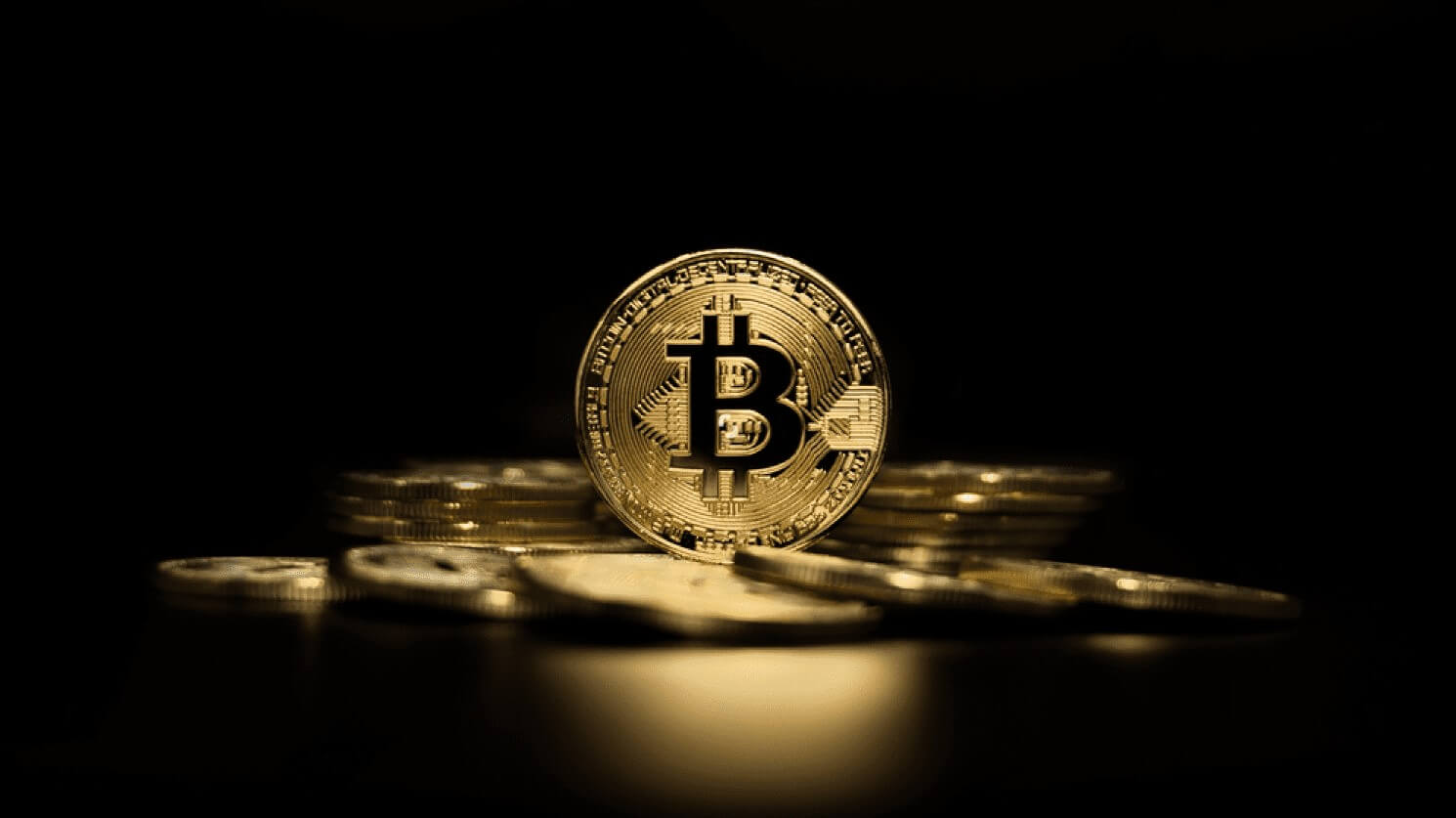If you were looking for "Bitcoin for beginners" you arrived to the right place. BTC is a digital currency that enables users to transact financially without needing a central authority or centralized institution like a bank. A blockchain public ledger keeps track of transactions, making it possible for anyone to see a given Bitcoin transaction history. Due to its openness and decentralized nature this crypto coin impervious to censorship and fraud and are "mined" when computers complete challenging mathematical puzzles to verify and add transactions to the blockchain. There is a predetermined number of bitcoins that miners receive as a reward. The quantity of BTC's that may be mined is restricted, with 21 million bitcoins ever created. Due to its scarcity, the price of Bitcoin has experienced dramatic swings throughout the years. Bitcoin has been widely adopted and recognized as valid money while facing controversy and governmental obstacles. Online purchases, investments, and philanthropic contributions are just some of its many uses. Certain retailers accept Bitcoin, and may be traded on several markets. Generally speaking, BTC is a novel and cutting-edge digital money that provides a decentralized and safe alternative to centralized banking. It might cause a dramatic shift in how people view and interact with currency.
The history of Bitcoin:
Bitcoin was first proposed in a white paper released in the late 2000s under Satoshi Nakamoto's alias, which outlined a new electronic monetary system. Bitcoin was built on a network of computers that relied on cryptography to ensure the safety of transactions and that only authorized parties could access the funds being exchanged. Nakamoto started mining the first bitcoins, or the "genesis block," in January 2009 after releasing the initial iteration of the Bitcoin program. Following its creation, the Bitcoin network was used and improved upon by a dedicated group of enthusiasts and programmers over several years. A programmer from Florida called Laszlo Hanyecz used Bitcoin for the first time in 2010 to buy two pizzas for 10,000 Bitcoins. There were just a few dollars worth of bitcoins in circulation back then; therefore, 10,000 was not worth much. Despite Bitcoin's dramatic surge in value, the purchase is still frequently mentioned as the world's priciest pizza. Amid rising awareness and use, bitcoin was met with criticism and regulatory hurdles. The US authorities confiscated bitcoin worth millions of dollars in 2013 from the Silk Road, an illegal online market. An increase in interest and investment in Bitcoin followed its record-breaking performance in 2021, when its value hit over $60,000. However, bitcoin's value varies substantially, causing some to question the currency's stability.

Advantages of Bitcoin:
- Decentralized and secure: Bitcoin is secure from censorship and fraud since it is decentralized and not managed by any single organization. Bitcoin transactions are cryptographically and stored on a public ledger known as the blockchain, where anybody can see the whole transaction history of any given bitcoin.
- Low transaction fees: Bitcoin transaction fees are cheaper than traditional processes since they do not involve an intermediary like a bank.
- Fast and global: Bitcoin enables instantaneous global payments to be sent and received.
- Limited supply: There will only ever be a maximum of 21 million bitcoins in circulation, which might lead to a steady rise in value.
Disadvantages of Bitcoin:
- Volatility: Bitcoin is a risky investment since its value has been known to change considerably over time.
- Regulatory challenges: Bitcoin's adoption has been hampered in several regions due to regulatory ambiguity and controversy that has emerged in such regions.
- Limited acceptance: Although certain businesses accept Bitcoin, it has not yet gained widespread use as a currency.
- Lack of consumer protections: Due to the lack of oversight from a governing body, bitcoin users enjoy a distinct set of protections than those offered by conventional banks. Users who lose their bitcoins may never see them again.
Bitcoin's pros and cons are equal and unavoidable. Although it presents a decentralized and safe alternative to conventional banking systems, it is still not generally embraced due to its inherent risks. Before determining whether or not to use or invest in Bitcoin, individuals should seriously consider the benefits and drawbacks. Bitcoin is now widely accepted as a legal tender and is put to use for all sorts of online purchases, investments, and even charity contributions. It may be purchased and traded on several marketplaces and used as payment for a small subset of local businesses. Despite the continuous regulatory obstacles and controversies surrounding it, Bitcoin is still a significant player in the digital currency industry and a hot topic of conversation.
As this article has shown, Bitcoin is a novel and inventive digital money that provides a decentralized and safe alternative to centralized banking institutions. Cryptocurrency has been the subject of regulatory scrutiny and debate, but it has also seen broad acceptance and is increasingly accepted as legal tender. BTC value may rise o ver time due to the scarcity of the currency and rising consumer interest in buying it. Many people are drawn to Bitcoin because of its anonymity, low transaction costs, and quick, worldwide transactions. However, before jumping into the bitcoin market, investors should consider the advantages and disadvantages, including the currency's volatility and the lack of consumer protections. Despite these difficulties, bitcoin has a promising future and the capacity to keep upsetting and changing how we see and utilize money.







